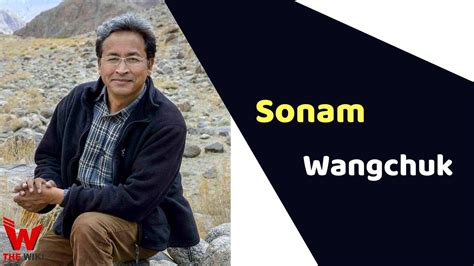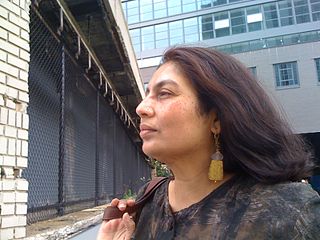A Quote by Heather Mac Donald
This ideal of the Socratic academy is so reasonable that it may seem foolish to quibble with it. Of course, students should engage with ideas that they disagree with rather than silencing anything that challenges their worldview.
Related Quotes
Solidarity is learned through 'contact' rather than 'concepts.' Students in the course of their formation, must let the gritty reality of this world into their lives, so they can learn to feel it, think about it critically, respond to its suffering and engage it constructively. They should learn to perceive, think, judge, choose and act for the rights of others, especially the disadvantaged and the oppressed.
Learning should be engaging. Testing should not be the be all and end all. All students should have a broad curriculum that includes the arts and enrichment. Students should have opportunities to work in teams and engage in project-based learning. And student and family well-being should be front and center.
Every man has at times in his mind the Ideal of what he should be, but is not. This ideal may be high and complete, or it may be quite low and insufficient; yet in all men, that really seek to improve, it is better than the actual character... Man never falls so low, that he can see nothing higher than himself.
If the students don't want to learn about evolution, they shouldn't be in the course. A biology course that teaches creationism is not a science course, it's a religion course. So the students demanding that creationism be given credence in that course are out of line and are denying the academic freedom of the professor. They are calling into question the scientific basis of the material that's being presented. And students are not in a position to do that.
It may seem to your conceited to suppose that you can do anything important toward improving the lot of mankind. But this is a fallacy. You must believe that you can help bring about a better world. A good society is produced only by good individuals, just as truly as a majority in a presidential election is produced by the votes of single electors. Everybody can do something toward creating in his own environment kindly feelings rather than anger, reasonableness rather than hysteria, happiness rather than misery.
In the ideal world, philanthropy should be redundant or at least it should be at the edges, as innovation or risk capital. But it's far from an ideal world; the wealthy are cornering more and more opportunities and resources from this planet. So, the big challenge for philanthropy is... can it engage with the distribution of wealth itself?




































